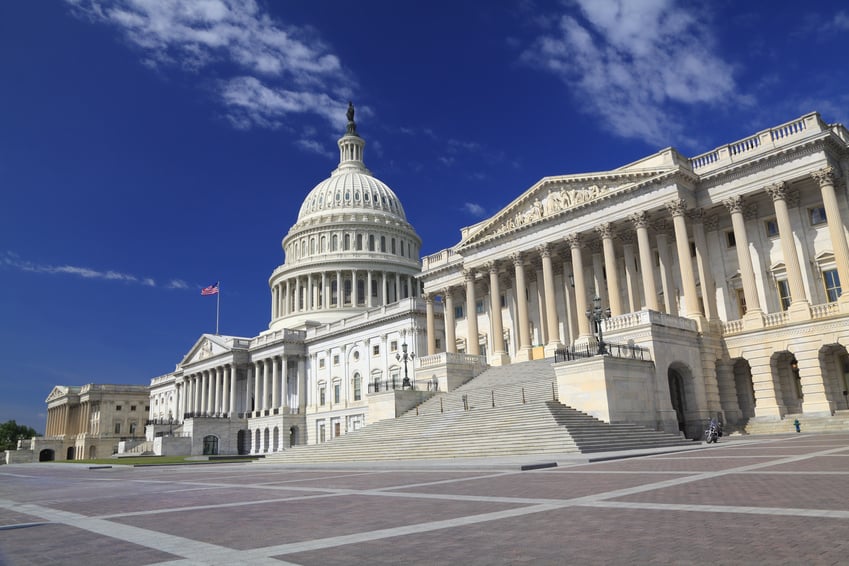On 21 March 2022, the US Securities and Exchange Commission issued its long-awaited proposed rules that, if adopted as currently drafted, would mandate both domestic and foreign registrants to make a variety of climate-related impacts and risk disclosures in registration statements and annual filings under the Securities Exchange Act of 1934.
Baker McKenzie is pleased to launch the fourth in our Biden Supply Chain Policy video series focused on the critical minerals and strategic materials supply chain, which is another of the critical supply chains that has been a particular focus of the Biden Administration. This supply chain includes lithium, cobalt and other rare earths and minerals that are the building blocks of products used every day. The Biden Administration has been pursuing policies aimed at diversifying this supply chain, such as through on-shoring or near-shoring refining capacity.
This series of ESG-focused thought leadership webinars will share insights and practical guidance for businesses considering what ESG means for them. Set out are details of our forthcoming demystifying ESG webinar series for 2022 including: regulations, executive pay, climate change, strategic initiatives and corporate responsibility.
Major developments in disclosure of risks relating to sustainability have been announced. These developments accelerate a trend towards mandatory and comparable disclosures relating to climate risk and other sustainability issues.
Consumer and employee activism and political pressure at both the global and national levels were combining to force ESG (Environmental, Social and Governance) issues to the top of the board’s and management’s agenda. Having a clear corporate purpose was becoming essential. On 15 April 2021, partners from across Baker McKenzie recrded a webinar on ESG and Litigation Risks, as part of the Demystifying ESG Webinar Series.
Biden has indicated prioritizing climate change – and he moved fast by signing an executive order to have the US re-enter the Paris climate accord on the day of his inauguration. He has stated that such prioritisation is also about creating new jobs and spurring economic growth. He has plans to push through major infrastructure projects, boost the auto industry in its quest to build low-emissions vehicles, help move the power sector toward renewables, and encourage innovation in energy technologies. The expectation is that there will be climate change regulatory initiatives and expanded ESG reporting and disclosure efforts that may affect the direction and pace of the US energy transition. In this session, our panel shared their insights on what this might mean for business both in the US and more globally as Biden seeks to have the United States re-engage on the world stage. We were joined by Global Torch Light.
President Biden was officially sworn in on January 20th and has taken swift action to reverse or pause many of the policies of the Trump Administration and set a new course. Since our update in November, President Biden also finalized his choices for Administrator of the Environmental Protection Agency (EPA) and leaders of other key agencies, including the Department of Interior (DOI) and the Department of Energy (DOE), who, if confirmed, will set the tone for future actions that broadly address environmental and climate issues.
Baker McKenzie’s Energy and Environmental Groups held a webinar to examine what is in store for the energy sector under a Biden Administration and his ambitious plan for a “Clean Energy Revolution and Environmental Justice.”
The panel spoke on the potential impacts of the Biden Administration’s immediate and long-term actions on both the conventional and renewable energy sector, as companies seek transformation and diversification in their portfolios and market offerings. The team also discussed expected climate change regulatory initiatives and expanded ESG reporting and disclosure efforts likely to affect the direction and pace of the US energy transition.
Baker McKenzie’s Energy and Environmental Groups held a webinar to examine what is in store for the energy sector under a Biden Administration and his ambitious plan for a “Clean Energy Revolution and Environmental Justice.” The panel spoke on the potential impacts of the Biden Administration’s immediate and long-term actions…
A new global paradigm for global climate action
President Elect Joseph R. Biden comes to office with what has, correctly, been called a “transformational” plan for action to curb climate change and to cope with its unavoidable consequences.
The cornerstone of his policy1 — officially called the Biden Plan for a Clean Energy Revolution and Environmental Justice — is to recommit the United States to the Paris Agreement on climate change, and to set a target for the US to achieve net-zero carbon emissions by 2050. That target is generally accepted as being in line with the goals of the Paris Agreement on climate change which seeks to limit global climate heating to well below 2 degrees Celsius above pre-industrial levels, and ideally, to keep it closer to 1.5 degrees.2








